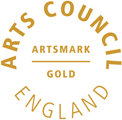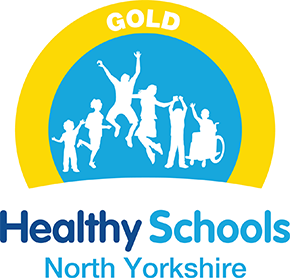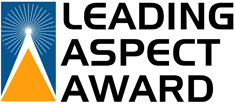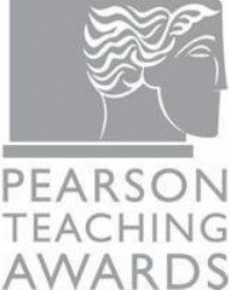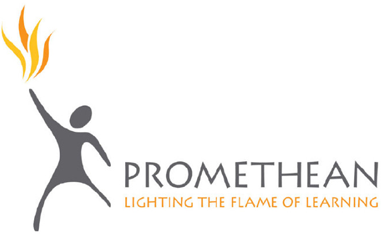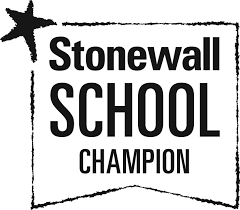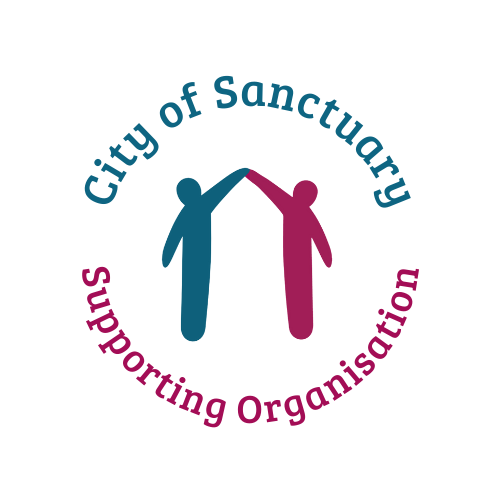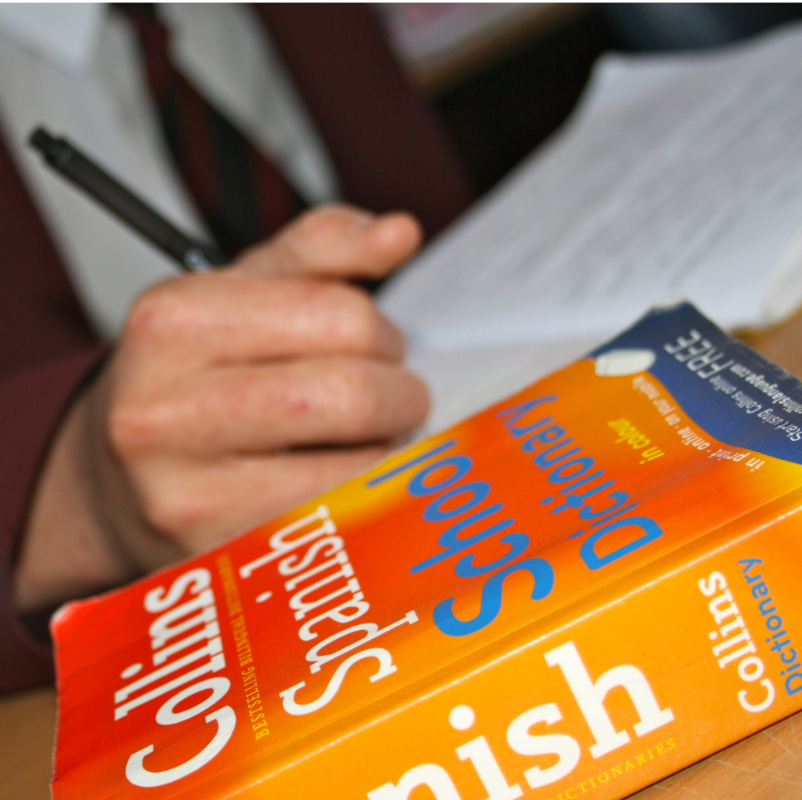 Spanish
Spanish
Name : Mrs K Lee
Position : Curriculum Area Leader
Email address : kl2@selbyhigh.co.uk
Spanish Curriculum Overview
Curriculum Intent:
The Languages Department contributes to the whole school curriculum intent by:
Fostering pupils’ curiosity and deepening their understanding of the diverse world around them, including that of Hispanic culture.
Ensuring a “languages for all” approach to teaching pupils of all abilities.
Enabling pupils to express their ideas and thoughts in another language
Providing opportunities for them to communicate for practical purposes
Increasing confidence, fluency and spontaneity, finding ways of communicating what they want to say, including through discussion and asking questions, continually improving the accuracy of their pronunciation and intonation.
Ensuring students can write at varying length, for different purposes and audiences, using the variety of grammatical structures that they have learnt.
Providing the foundation for learning further languages, equipping pupils to study and work in other countries – thus unlocking their potential.
Promoting literacy and numeracy across all teaching, where applicable. The department will link to careers and contribute to whole school initiatives.
KS3
During Year 7, 8 and 9, pupils are introduced to language-learning skills, developing their ability to understand Spanish through reading and listening as well their ability to communicate in Spanish through speaking and writing. Basic, key grammatical structures are taught through a range of topics including:
- Describing themselves, family and friends, including discussing the relationships they have when this is re-visited in Y9
- Describing and giving opinions about where they live, using simple and more complex opinion phrases
- Discussing environmental issues
- Discussing free-time, sports and how technologies are used
- Discussing school related topics such as opinions about subjects, teachers and general life at school
- Discussing travel to holiday destinations
- As well as relating these topics to pupils’ own experience, we aim to relate them (where appropriate) to the experience of those living in Spanish–speaking countries.
KS4
At KS4 the knowledge and skills attained at KS3 are developed further, preparing pupils for the demands of the GCSE course. The AQA course is followed and covers a range of topics (see the table below). There are 4 externally assessed exams (each worth 25% of the final mark) assessing the skills of listening, speaking, reading and writing.
| Theme 1: Identity and Culture | Theme 2: Local, national, international and global areas of interest | Theme 3: Current and future study and employment |
|
Topic 1: Me, my family and friends Sub-topics:
|
Topic 1: Home, town, neighbourhood and region | Topic 1: My studies |
|
Topic 2: Technology in everyday life Sub-topics:
|
Topic 2: Social issues Sub-topics:
|
Topic 2: Life at school/college |
|
Topic 3: Free-time activities Sub-topics:
|
Topic 3: Global issues Sub-topics:
|
Topic 3: Education Post-16 |
| Topic 4: Customs and festivals in Spanish-speaking countries / communities | Topic 4: Travel and tourism | Topic 4: Jobs, career choices and ambitions |
Personal Development, Values Curriculum and Cultural Capital
In the Spanish department we aim to develop language skills by choosing engaging topics, relevant to students’ personal experience. We focus on the relevance of languages to pupils’ future lives through links with work and the involvement of outside agencies.
We constantly aim to engage pupils in their learning through a wide variety of activities, with as strong a focus on communication as possible.
In terms of Personal Development, learning Spanish at Selby High School encourages the building of resilience, communication skills, interpersonal skills, independence and self-confidence. These skills are developed through the types of topics, activities and strategies engaged in regularly as part of languages lessons.
Spanish covers a wide range of areas relating to the Values curriculum. These include, but are not limited to the following examples:
Identity, equality and diversity are dealt with through topics relating to family, friends and personal relationships, work and marriage. Future aspirations and decision making are covered in our work topic. Active citizenship is dealt with through the teaching about Spanish-speaking cultures, including access to up-to-date news reports. We also discuss the environment and volunteer work. Pupils are encourage to share be proud of and share their knowledge of their home languages.
Health and well-being are discussed through our health topics at KS3 and 4. These also involve looking at the dangers of using new technologies and social media.
In Spanish lessons we discuss how languages are used in different fields of work as well as looking at how successful people use languages to enhance their lives. Authentic literary texts are used where appropriate, as well as popular music in Spanish.
There are many opportunities for enrichment and extra-curricular activities:
- Weekly GCSE intervention sessions after school.
- Beginners’ German as part of the Enrichment programme.
- Y7 Spelling Bee
- Y8 Euro fest
- Y9 Languages Diversity Day
- Y9 Language-leaders (developing and delivering activities to students from local primaries) as well as the opportunity to promote Language- based activities in school)
- Y9 Theatre visit from the Onatti theatre company, providing pupils with the opportunity to experience a very engaging Spanish play
- Y8 and 9 trip to Madrid/ Barcelona in July
- Y11 trip to NEW college for A level Spanish taster day
In terms of Cultural Capital, many of the topics allow pupils to broaden their knowledge and understanding of the world around them. Examples of this include developing knowledge of life and culture in Spanish-speaking countries across the world, learning about the places, people and important key figures from the political, literary and musical worlds. Pupils also learn what it might be like to travel to other countries, with the opportunity to experience first-hand Spain’s major cities of Madrid or Barcelona, in Y8 and 9.
Context for Successful Curriculum Delivery
Classes are mixed in all year groups in terms ability and gender. From experience, mixed groups benefit all pupils and carefully differentiated work ensures that all pupils are appropriately challenged.
At GCSE, where there is more than one group in the same option band, we have the opportunity to split groups for ability into higher and foundation classes when it is beneficial to do so.
The AQA GCSE Spanish course has been chosen due to it being the more accessible of the specifications on offer in terms of how the speaking and writing components are assessed. There is very little difference between the alternative specifications in terms of the topics or grammar covered.
The sequencing of topics and grammar has been chosen with a spiralling curriculum in mind. Grammatical structures are built up gradually from Y7 through to the end of Y11, with the aim of interleaving and revisiting the key grammar and vocabulary from topic to topic.
All required elements of the National Curriculum are covered in the schemes of learning.


